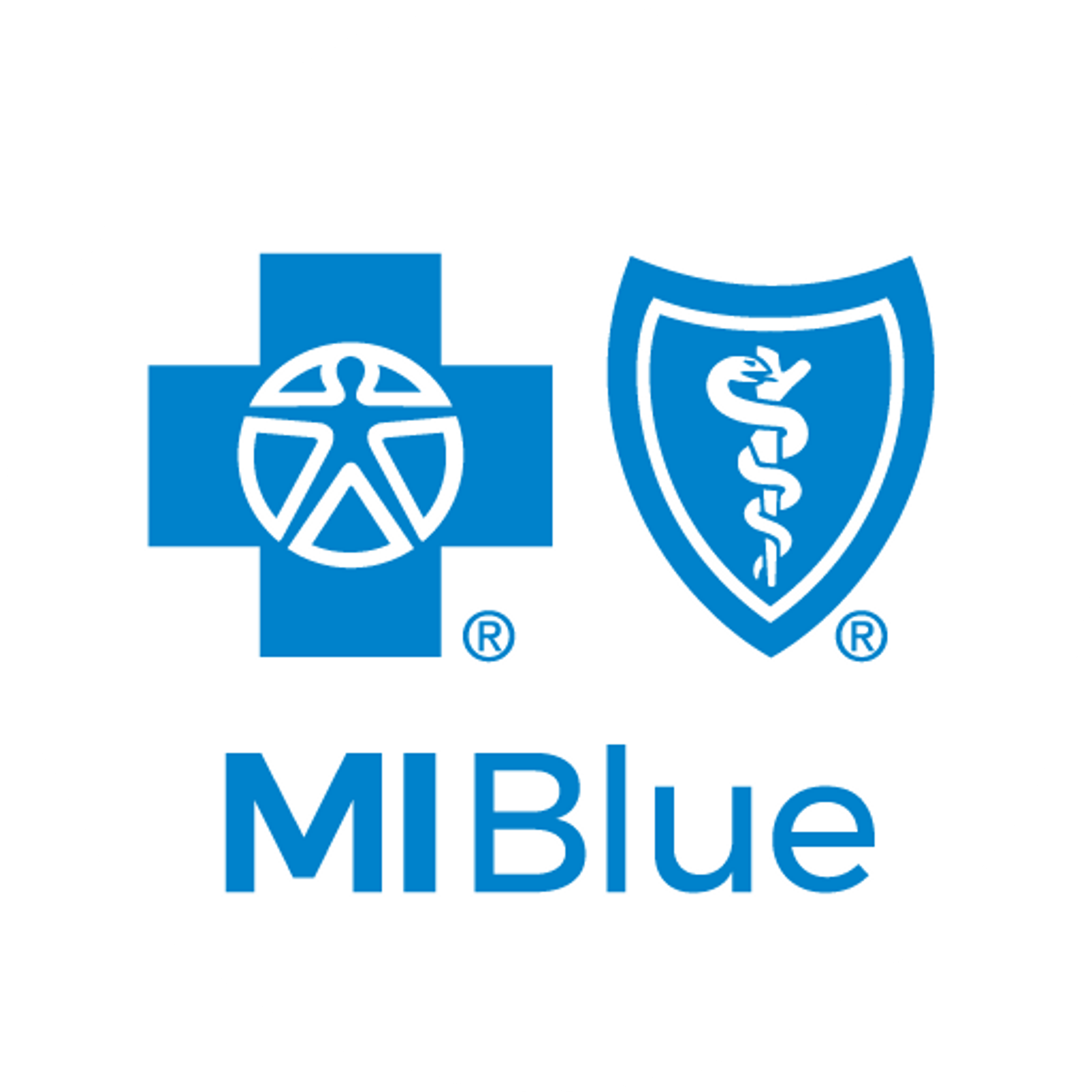How Long Does It Take to See the Benefits of Quitting Smoking?

Blues Perspectives
| 4 min read

Smoking cigarettes is at an 80-year low in the United States, but still more 49 million Americans smoke each year. Smoking increases the risk of developing cancer, heart disease, heart attacks, stroke, respiratory diseases and other health problems. Quitting smoking is one of the most effective steps you can take to improve your health. Your body starts healing and recovering from smoking within hours after your last cigarette. The benefits of quitting smoking improve and compound over time. A smoker who quits by age 30 can return, over time, to the same mortality risks as a non-smoker. It is never too late to quit.
1day after quitting smoking
Smoking raises blood pressure levels and reduces the amount of oxygen in your bloodstream, raising the risk of a heart attack. It also increases the risk of stroke from blood clotting. These risks are already starting to lower after one day of quitting smoking. Your blood pressure will have begun to drop, and oxygen levels increased after even one day free from cigarettes and smoking.
2 days after quitting smoking
Smoking dulls your senses of taste and smell. Within two days you may begin to taste and smell food and scents better than when you smoked.
1 week after quitting smoking
After a week smoke-free, you will be able to more easily breath fully and deeply due to your bronchial tubes relaxing and losing the stress caused by smoking. You may notice less of a smoker’s cough and feel like you have more energy. Although you may experience a new cough in the first week or two of quitting smoking, this is your body clearing mucus from your lungs. Smoking makes your lungs less effective at clearing chest congestion, so your lungs’ improved health after quitting smoking leads to an increased ability to clear out this mucus. This won’t last long, so stick with it.
1-6 months after quitting smoking
During this period, your circulatory and respiratory systems continue to heal from the damage caused by smoking. Coughing will decrease, and you will find it easier to breathe. Your risk of infection, heart attack and stroke are lowering. At this point, many lifestyle differences should be noticeable, and you may start to forget what some things felt like as a smoker. You will likely notice:
- money saved that was spent on tobacco and cigarettes
- breathing more easily and enjoy time outside more
- more time in your day that used to be spent smoking
- foods and scents are more enjoyable
- you can be more physically active
1 year after quitting smoking
After one year of quitting smoking, your risk of heart attack is much lower than it was when you were smoking. During the next couple of years, your risk of heart attack and coronary heart disease continue to decrease. You will be able to breathe much better and handle more physical activity and exertion.
5 years after quitting smoking
After five years smoke-free, your risk of coronary heart disease is half that of a smoker. At this point, the risk of stroke is sharply decreased, and the risk of developing cancers of the mouth, throat or larynx are half what they were before you quit smoking.
10 years after quitting smoking
After 10 years of quitting smoking, your risk of developing lung cancer is half what it is for a smoker. The risk of developing cancers of the bladder, esophagus and kidney is also dramatically reduced. New cells have replaced some of the old smoking-damaged cells.
15 years after quitting smoking
After 15 years smoke-free, your risk of heart disease will be close to that of someone who never smoked. Your risk of developing many cancers is significantly decreased, and you will have gained back a level of health that was not possible as a smoker.
Get help to quit smoking
While quitting cold turkey is one way to go about it, it is not the only way. There is not one right way to quit smoking. Michigan has a free Tobacco Quit Program that can help you quit smoking today.
To enroll in the Tobacco Quit Program:
- Visit: MI Tobacco Quitlink
- Call: 1-800-QUIT-NOW (784-8669)
- TTY: 1-888-229-2182
- 24 hours a day, seven days a week





